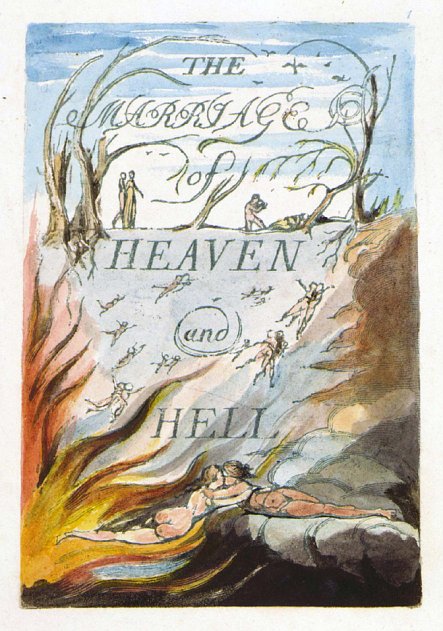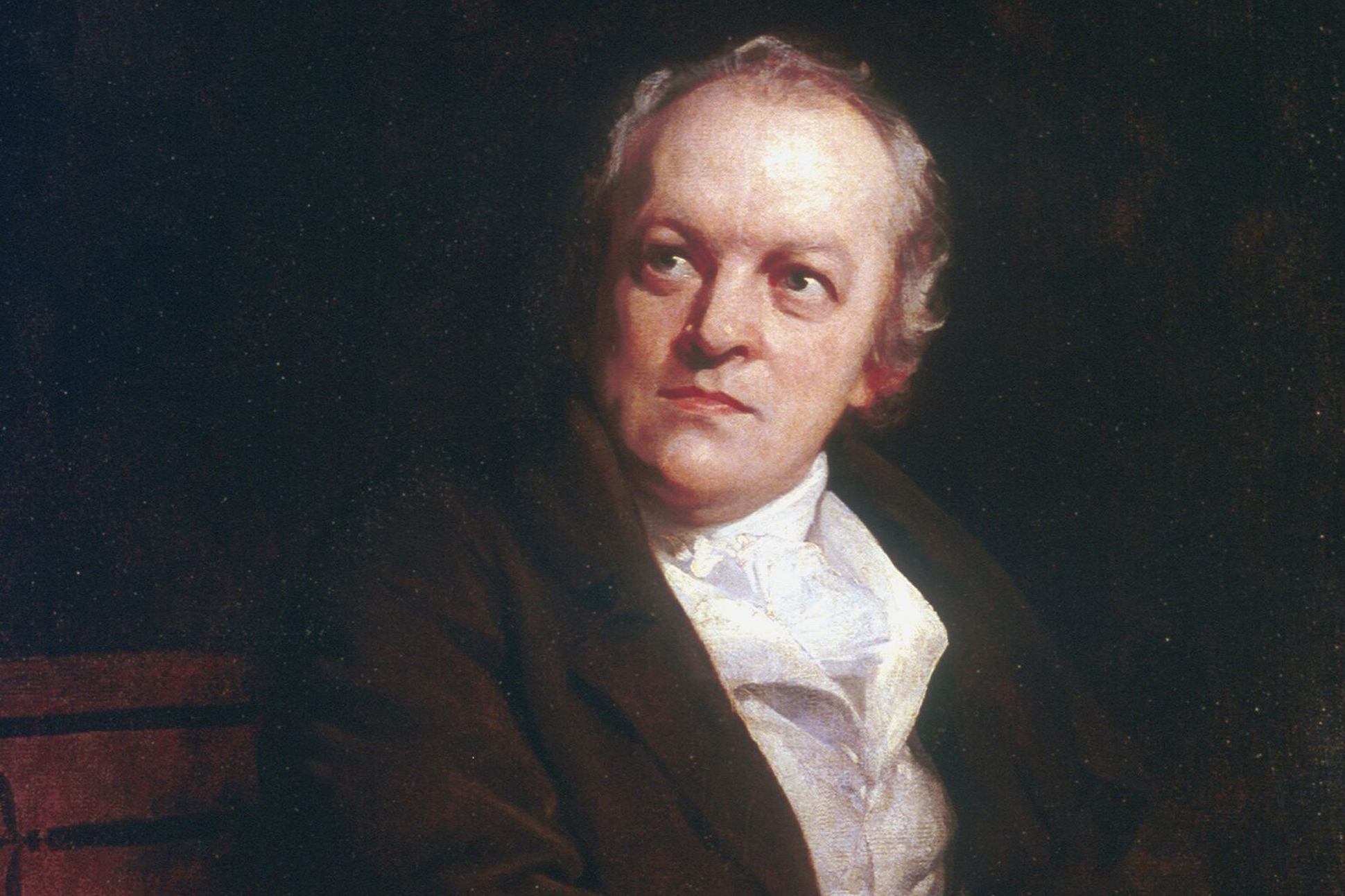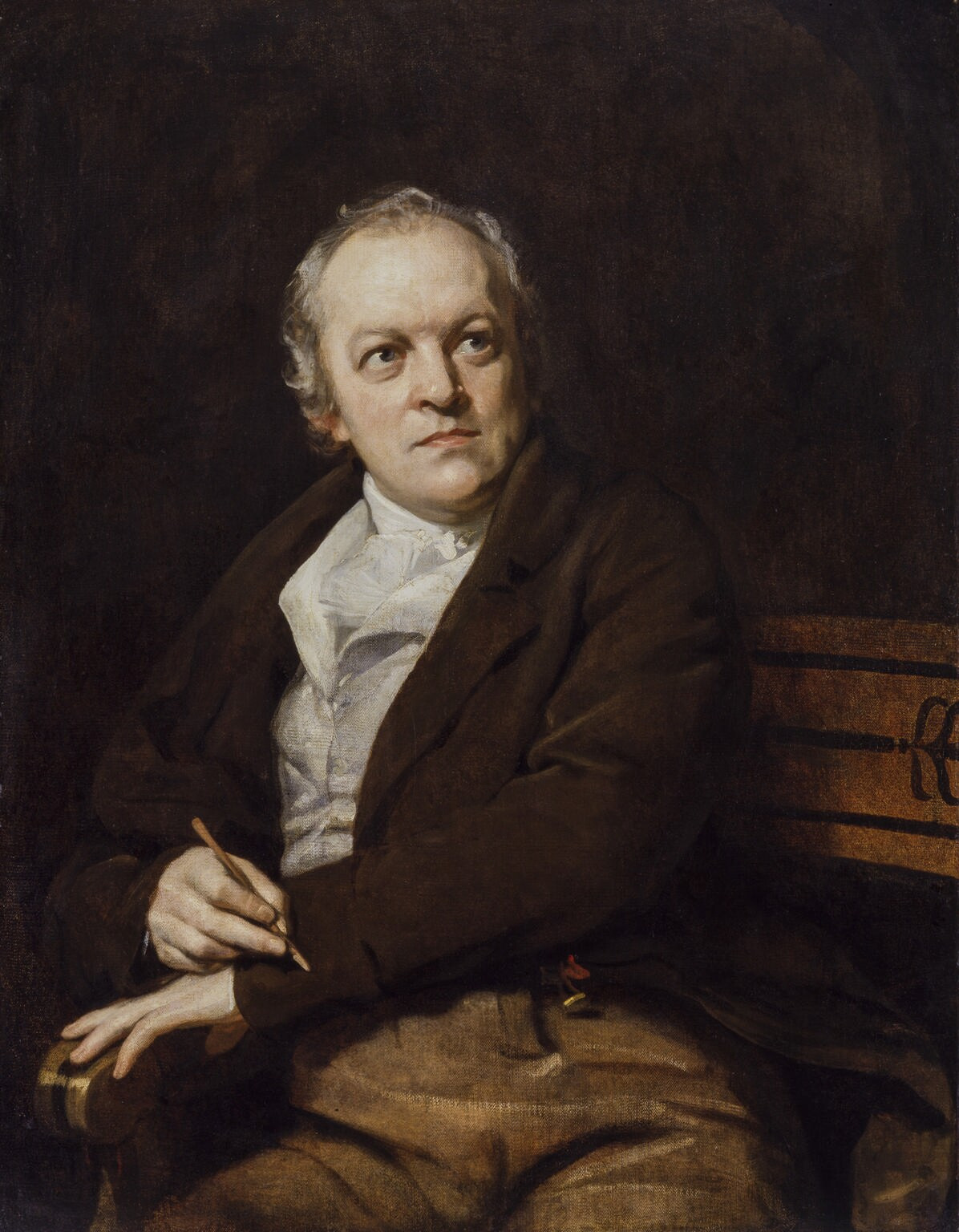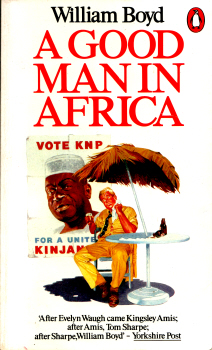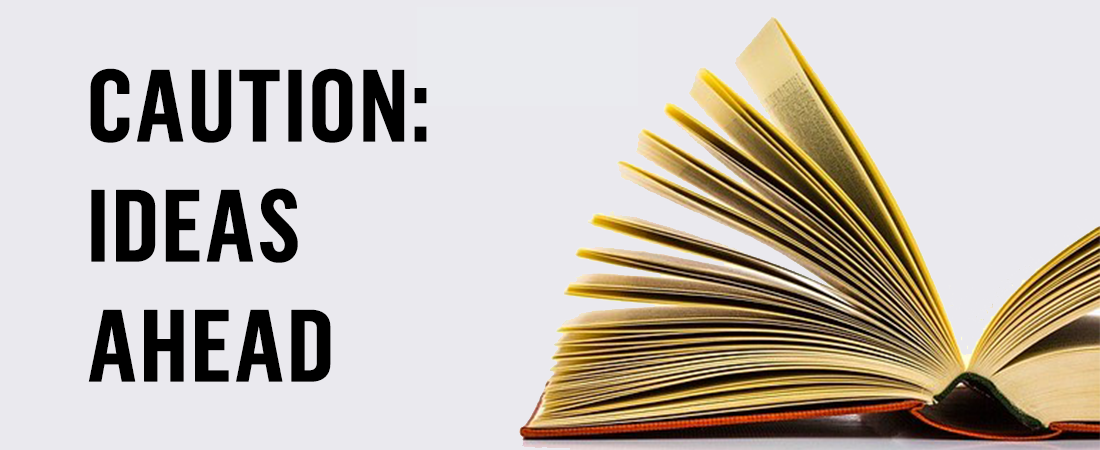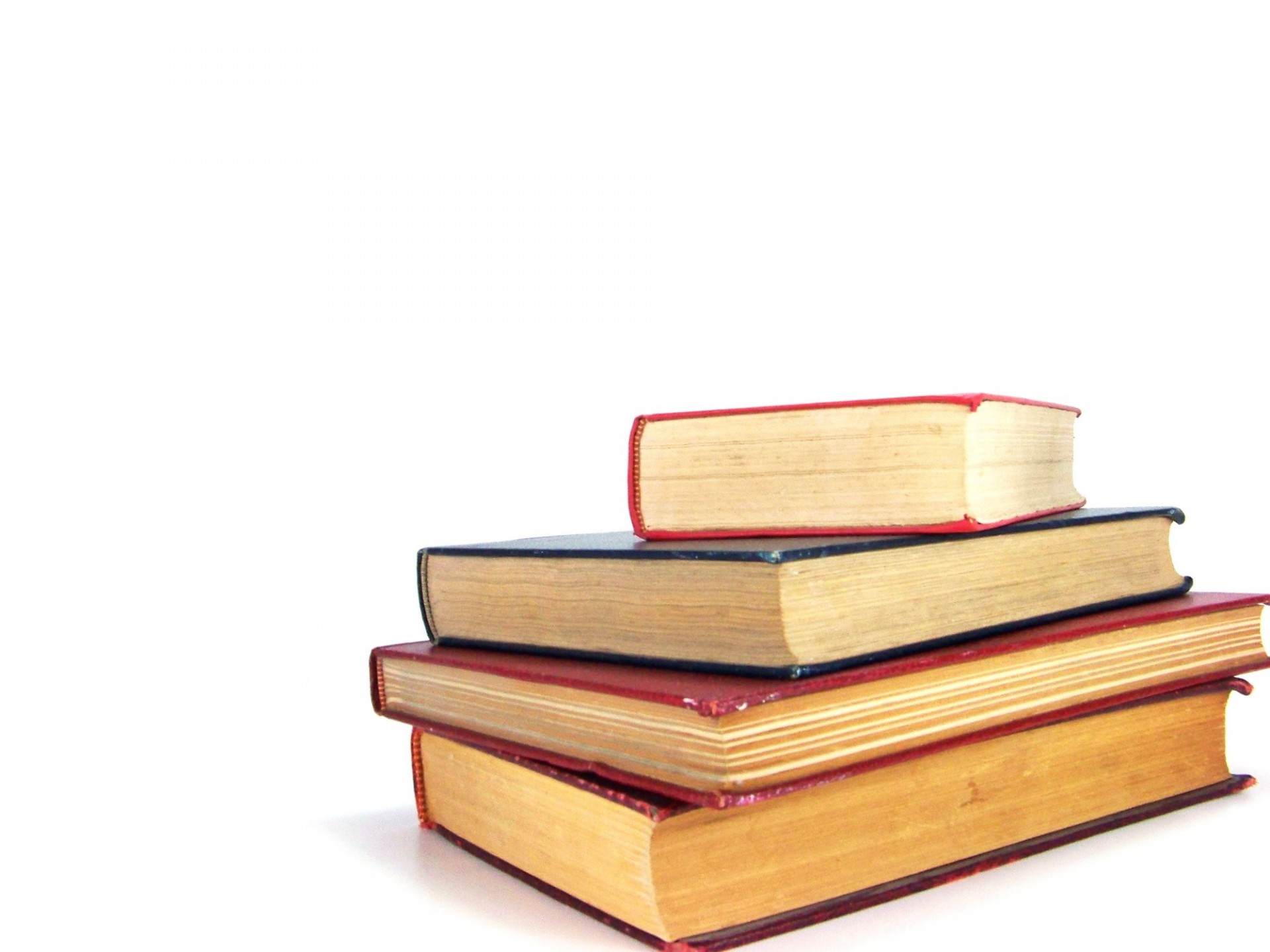Disclaimer: should you make purchases through any of the links in this blog, I may earn a commission from the sellers, however that does not impact on the cost to you as the consumer, nor does it influence the content of this blog.
If you have been paying attention, you'll know that the last few posts have been concerned with some of the poetry of William Blake. And here I would like to take a little look at the man himself, because I think he was a fascinating figure!
William Blake's efforts went mostly unnoticed during his lifetime (1757 - 1827), and many of those that did notice his work dismissed him as a radical and an eccentric. Indeed, for his time, Blake did have some radical ideas - he was critical of organised religion (though a devoted believer in God), he criticised marriage laws and advocated for unconventional relationships, he opposed slavery, and was influenced by the American and French revolutions in how he formed his ideals. Blake believed in a common love that existed between people, and that people could make a better world through that love.
Blake worked with words and images, and used them as vehicles for his ideas. He explored the issues of his day, issues that can be considered relevant still. In the above image, Europe Supported by Africa and America, William Blake depicts each of these continents as three female figures. All three figures are equally beautiful, but Europe leans very much on the others. And, the gold bands on the figures of Africa and America? Those symbolise enslavement. I am not sure that Blake was wholly opposing slavery here, but his intention was definitely that the viewer question the practice of slavery, and how Europe was treating the people of Africa and America.
Blake seems a man, an artist, very much ahead of his time. And, he used his art, his poetry too, as he did in the example above, to shine a light on the wrongs of his world. He asks that the audience question what they might otherwise blindly accept.
If the doors of perception were cleansed everything would appear to man as it is, infinite.
When he asks his audience to question slavery, the way people of other places and races were treated, or when he is critical of organised religion, Blake is only doing what he can to cleanse those doors of perception. He strives to shine a light on a better way; a way that suggests no one repress their true selves, or take advantage of others, and instead build something based on the common love that exists between us all. When you read his poetry, that is the overwhelming message found within.
What a shame that Blake went unrecognised in his own lifetime, but, oh!, how right that his work endured and found recognition after he was gone!
You can read more about Blake's poetry in previous of my posts. Just click on "William Blake" under Labels, and you will find my analyses of some of his poems, which also include links to where you can buy collections of his work.
If you enjoyed this piece, or any others, please consider following/supporting me over at ko-fi, a platform for creatives and the people who follow their work. If everyone that read my efforts were to donate the minimum, it would make more of a difference than you might realise. All support is gratefully received, and very much appreciated!
Thank you.



